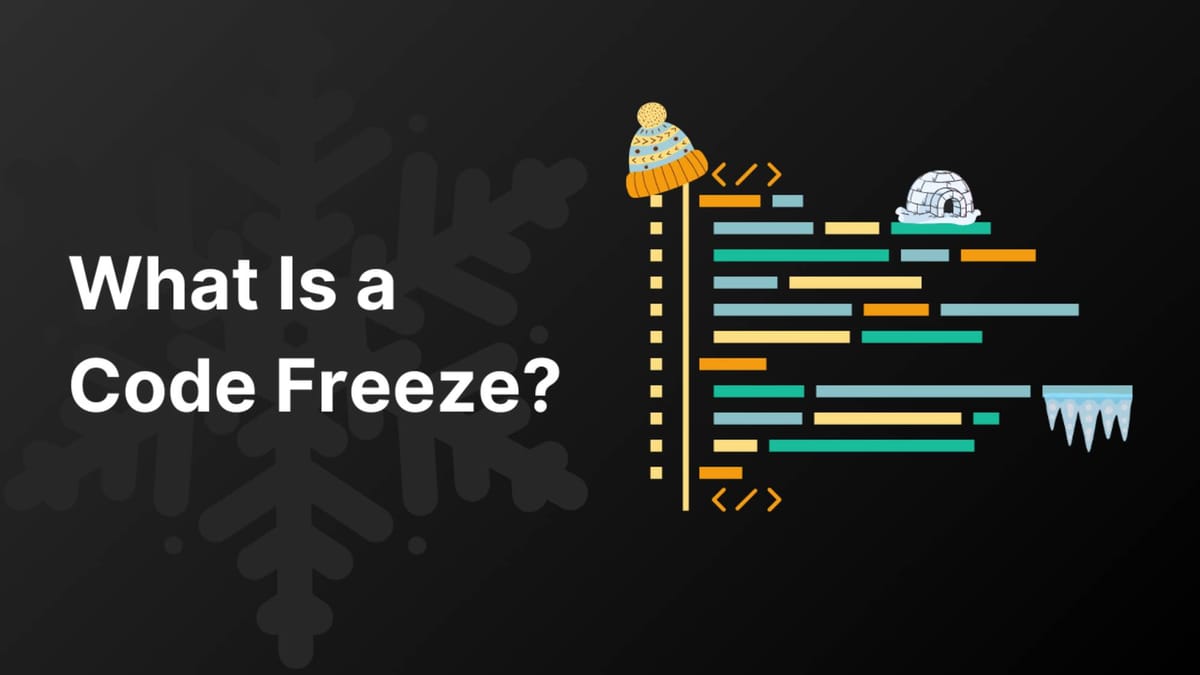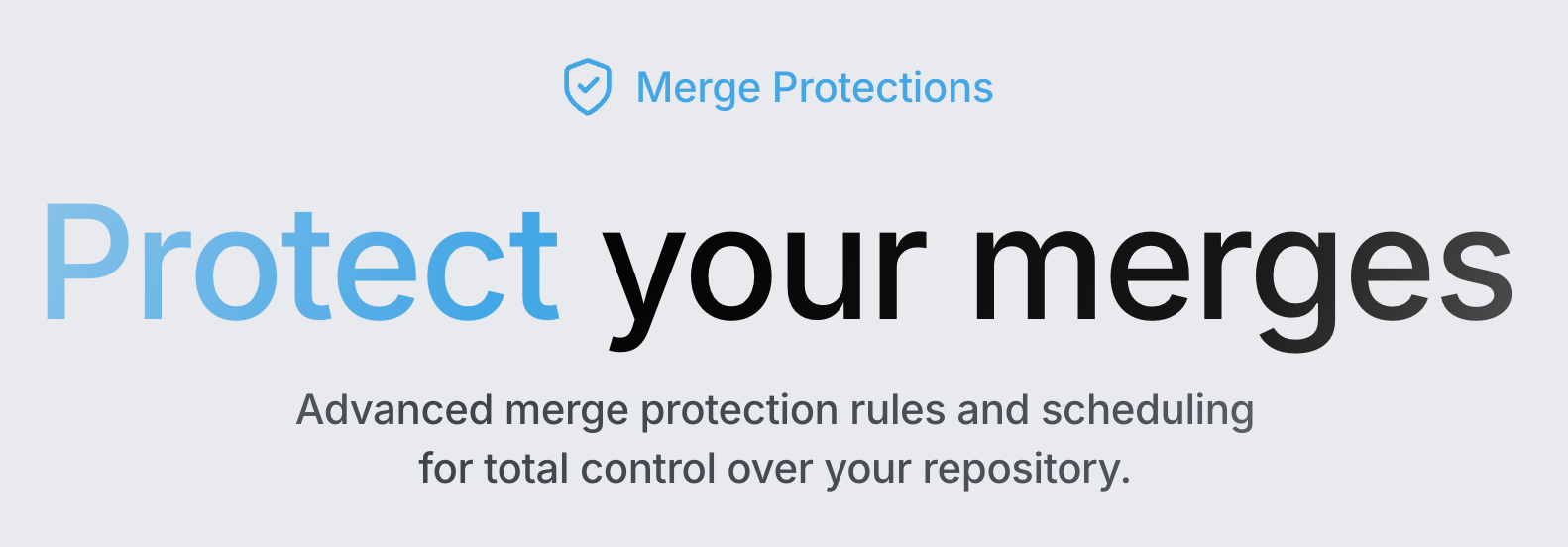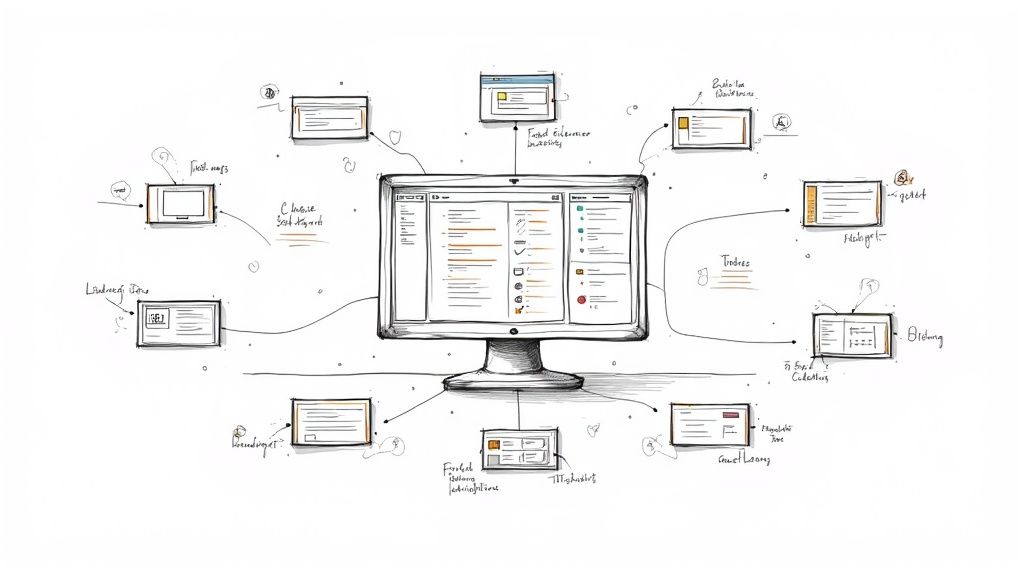What Is a Code Freeze?

In the fast-paced world of software development, maintaining stability while delivering new features is a constant balancing act. One critical practice that helps achieve this balance is the code freeze. Whether you're a software engineer or a release manager, understanding the nuances of code freezes—including regular and exceptional ones—is essential for smooth project delivery.
This post will delve into what code freezes are, why they matter, and how to manage exceptions effectively.
Understanding Code Freeze
A code freeze is a designated period during which no new code changes are allowed into the main codebase. The primary goal is to stabilize the software in preparation for a major release, deployment, or important milestone. During this time, the focus shifts from adding new features to testing, debugging, and polishing the existing code to ensure reliability and performance.

Regular Code Freezes
Regular code freezes are planned intervals that occur as part of the development cycle. For example, some teams implement a code freeze over weekends or at the end of each sprint. This practice helps in:
- Reducing Weekend Deployments: Avoiding merges over the weekend minimizes the risk of encountering critical issues when the team is unavailable;
- Ensuring Stability: Regular freezes allow for systematic testing phases, ensuring that any new code integrates well with the existing system;
- Facilitating Release Planning: They provide a predictable schedule for when the codebase will be stable, aiding in release coordination.
Exceptional Code Freezes
Exceptional code freezes are unplanned and occur due to unforeseen circumstances such as holidays, critical incidents, or major bugs. These freezes are implemented to:
- Prevent Further Issues: Halting code changes during an incident prevents new bugs from complicating the problem.
- Allocate Resources: Allow the team to focus entirely on resolving the critical issue without the distraction of new code merges.
- Maintain System Integrity: During holidays or events with reduced staff, freezes help in maintaining system stability when immediate support might not be available.

Managing Exceptions in a Code Freeze
Despite the restrictions, there are times when exceptions to a code freeze are necessary. Managing these exceptions requires a careful approach:
- Establish Clear Policies: Define what constitutes an exception. For instance, critical security patches might be allowed, whereas new features are not.
- Approval Process: Implement an approval workflow involving key stakeholders to evaluate the necessity and impact of the exception.
- Risk Assessment: Analyze the potential risks associated with introducing the change during a freeze period.
- Communication: Keep the entire team informed about any exceptions to ensure transparency and preparedness.
- Rollback Plans: Have contingency plans in place in case the exception causes unexpected issues.
Balancing Continuous Deployment and Code Freezes
While continuous deployment practices aim to reduce the need for code freezes by delivering small, incremental updates, freezes remain valuable for ensuring stability before major releases. Striking a balance between the two approaches can enhance both agility and reliability.
- Automated Testing: Leverage automated tests to catch issues early, reducing the dependency on extended freeze periods.
- Feature Flags: Use feature toggles to control the deployment of new features without impacting the main codebase during a freeze.
- Staged Rollouts: Deploy changes to a small user base first to monitor and mitigate risks before a full release.
Conclusion
Code freezes are a vital tool in the software development lifecycle, providing a structured approach to stabilize the codebase before significant events. By understanding the types of code freezes and how to manage exceptions effectively, teams can minimize risks and ensure successful releases. Whether dealing with regular weekend freezes or unexpected incidents, clear policies and communication are key to navigating the challenges of code freezes.





